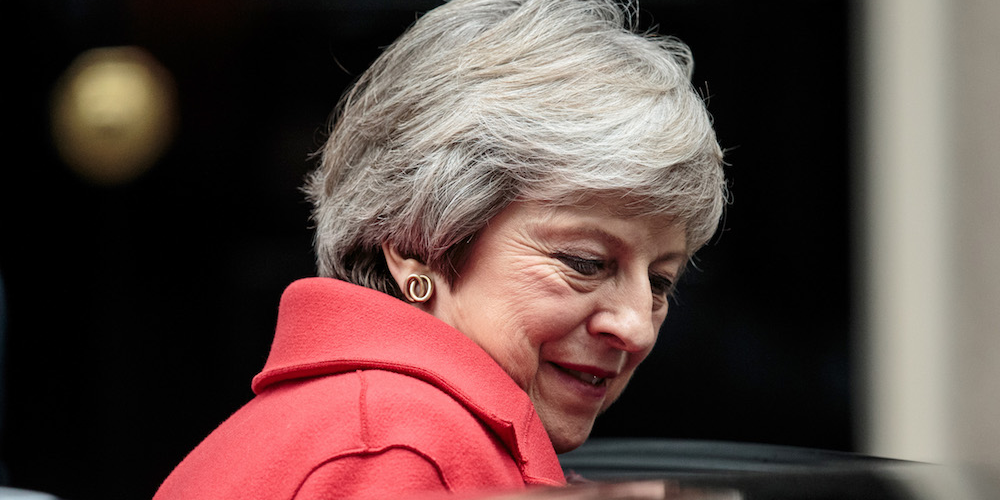LONDON – As Theresa May prepares for her Brexit deal to be defeated in the House of Commons, the suggestion that the prime minister should instead seek a “plan B” of replicating Norway’s relationship with the EU is gaining traction.
Under the plan pushed by MPs like Conservative Nick Boles and Labour’s Stephen Kinnock – which is reportedly backed by several leading Cabinet remainers – the UK would copy Norway’s relationship with the EU after Brexit, either temporarily until new free trade agreement with the EU is ready, or on a permanent basis.
There is a growing belief that something like the Norway model would win a majority of MPs over and break the impasse in Parliament. Here’s what the Norway model would actually mean in practice.
What is the Norway model?
The Norway model includes two key European organisations: The European Free Trade Association (EFTA) and European Economic Area (EEA). Norway, along with Lichtenstein and Iceland, is a member of both.
EFTA is made up of the aforementioned three countries, plus Switzerland. They trade between themselves while the group as a whole has free trade deals with numerous non-EU countries, Canada, Mexico and others.
The EEA, on the other hand, is a collaboration of all EU member states plus three EFTA states: Norway, Lichtenstein, and Iceland. All EEA members - including the EFTA countries - enjoy full access to the European single market.
EEA membership is only available to either EU or EFTA member states. So, under a Norway-style Brexit, Britain would leave the EU, join EFTA, and then become the 31st full member of the EEA.
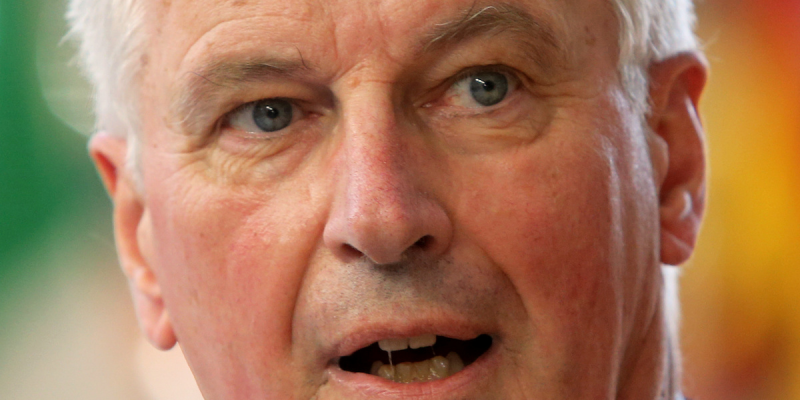
What are the pros of the Norway-style Brexit?
Being in EFTA-EEA would allow the UK to retain full access to the single market. This would mean reduced barriers to UK-EU trade and continued single market treatment for services, which account for around 80% of the UK economy.
Most research suggests this would be the least damaging form of Brexit. The government's own impact assessment found the Norway option would be the least damaging option in terms of economic harm.
And although Britain would retain full single market access, it wouldn't be forced to sign up to some of the EU's more contentious policies. It wouldn't be required to join the EU's Common Fisheries Policy, for example, which is strongly opposed by Brexiteers, particularly Conservative MPs in Scotland. It would also be exempt from the Common Agricultural Policy. The European Court of Justice (ECJ) would also have no jurisdiction over Britain.
What about the cons?
Although the UK would finally be free of the ECJ, it would have to answer to the EFTA court, which for most Brexiteers would merely represent another set of unaccountable, interfering foreign judges.
Then there's the issue of Britain's influence as an EFTA/EEA country. Under the Norway model, Britain would have full access to the single market but have much less say in shaping its rules than it does now as an EU member. Norway does not formally participate in Brussels decision-making but has incorporated around 75% of EU law into its national legislation.
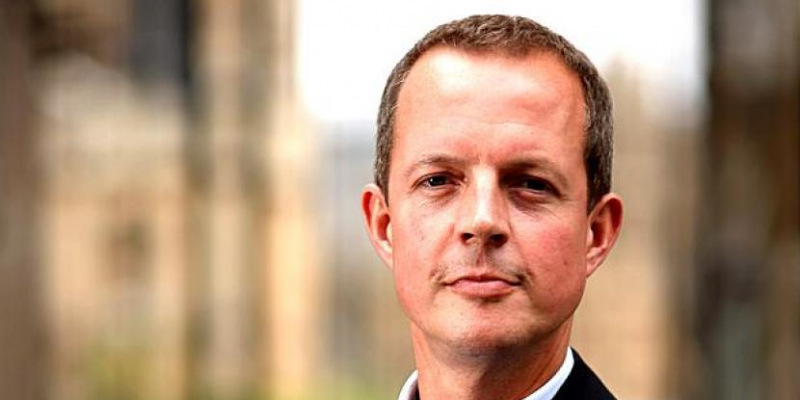
What about immigration?
The elephant in the room here is immigration. The public's desire to control immigration was arguably the biggest driving force for Brexit, and the UK government has vowed to end the free movement of EU citizens.
EEA members are required to accept the four freedoms, including the free movement of people. Clearly, this would be politically dangerous for any government. There is one way around that. It's unrealistic - but theoretically possible.
Article 112 of the EEA Agreement allows non-EU member states to opt out of the four freedoms if they are facing serious economic, societal or environmental strain. For example, Lichtenstein used Article 112 to impose controls on the free movement of people, due to concerns over whether a landlocked country of such modest size and resources could cope with big influxes of people. Obviously, Britain is very different from Lichtenstein, and would likely have a much tougher time arguing for an immigration opt-out.
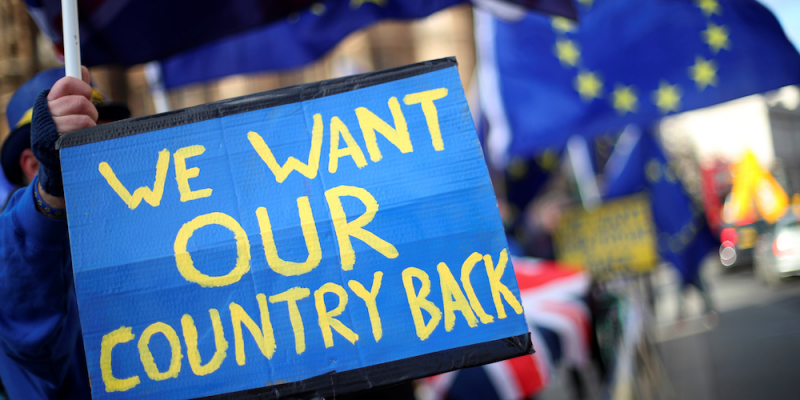
What would it mean for the Irish border?
Perhaps the strongest case for a Norway-style Brexit is that it would go some way to resolving the Irish border dilemma. By remaining fully aligned with EU market rules, Britain would avoid a plethora of non-tariff barriers which would otherwise emerge on the border between Northern Ireland and the Republic.
However, a Norway-style relationship wouldn't provide the whole solution for avoiding physical infrastructure on the island of Ireland. In order to also eliminate tariff barriers, Britain would need to be in either the current or a new customs union with the EU after Brexit. Norway is not in a customs union with the EU.
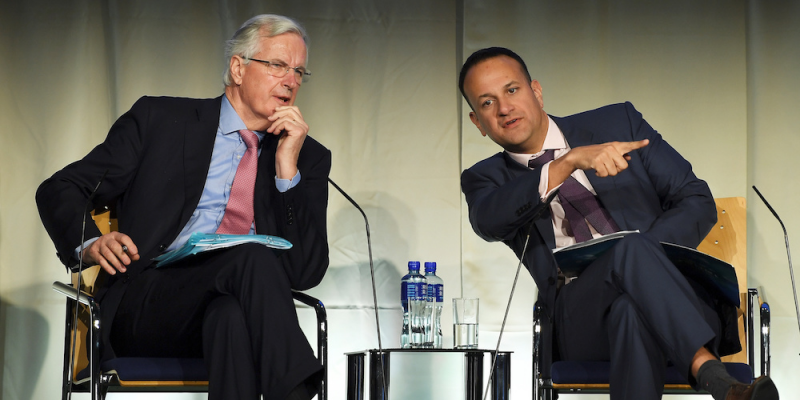
So how likely is a Norway-style Brexit?
Earlier this year, the Brexit committee led by Labour's Hilary Benn published a report calling for May to use the Norway option has her official backup if she fails to meet key negotiating goals in Brexit talks with the EU.
The idea has gathered momentum in recent weeks as MPs look for alternatives to May's Brexit deal which is almost certain to be be voted down by MPs. The EU has always said the Norway option is available to the UK.
However, there are some practical problems.
Firstly, although EFTA/EEA countries are generally open to the idea of Britain becoming a permanent member of the club, whether they'd accept temporary membership is a different question.
Prime Minister Solberg appeared to kill hopes of temporary UK membership in November.
"We would welcome any good cooperation with Britain. But to enter into an organisation which you're leaving is a little bit difficult for the rest of us," she said.
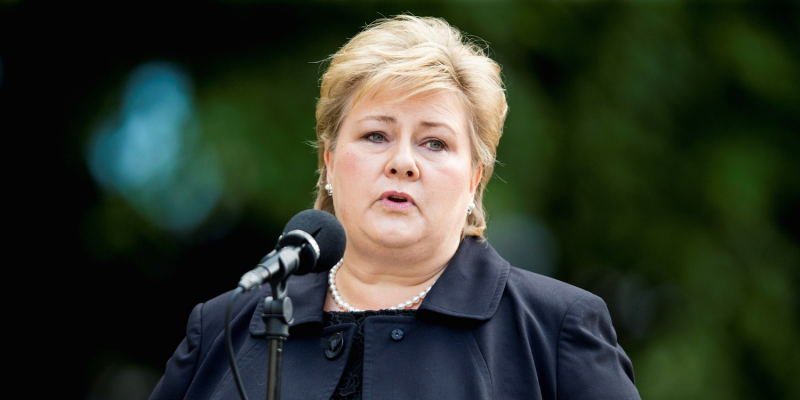
Even if Norway, Iceland and Liechtenstein did grant a temporary stay, it could take up to twelve months for Britain to complete the joining process, while exit day is just months away at the time of writing.
On top of that is the issue of customs. For a Norway-style model to solve the Irish border problem, it would need to come with a customs union add-on. However, EFTA countries have together signed trade deals with other countries which include customs arrangements. The UK would need to sign up to those, making a customs arrangement with the EU very difficult if not impossible.
Then we have the question of Westminster politics. Would pro-Brexit MPs accept swathes EU rules including the free movement? At the moment is looks unlikely, but with British politics in such a volatile environment, anything could happen.
